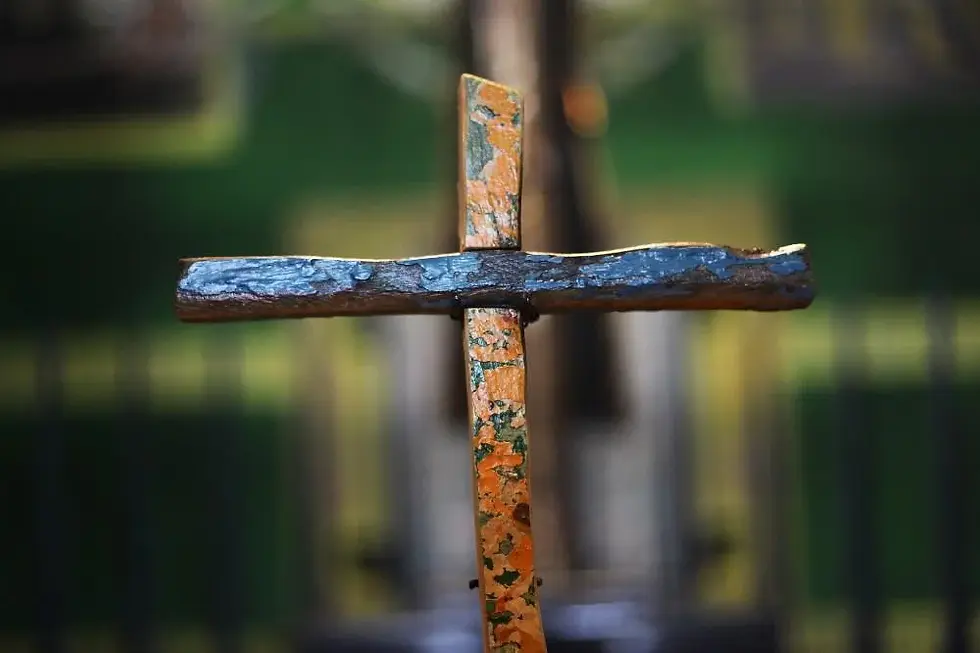Comus
- Spires Music
- Jul 5, 2020
- 2 min read
A message from Mike Torbe:
I generally spend a fair bit of time poking around a website called IMSLP - International Music Score Library Project; and I’m fascinated by English history in the Seventeenth century. So I combined the two things. I started looking to see if there were any signs of Milton’s great masque Comus, performed at Ludlow Castle in 1634, with music by his friend Henry Lawes.
It turned out two quite different versions were displayed in IMSLP. The first was written a hundred years after the first performance, in 1738, with new music by Thomas Arne – composer of Rule Britannia - a version which was very successful and ran regularly in London for the next seventy years. The other was a score
performed in the early 20th century, that actually used the music by Henry Lawes.
So I set to work to try and bring the two versions together to create a uniquely Spires version of Comus. The original Masque was performed in Ludlow Castle for the Earl of Bridgewater and his lady, with friends and staff. The children of the house (a daughter, Alice Egerton, and two sons), feature in the masque. The story is straight-forward. Comus, god of revelry, merrymaking and festivity in Greek mythology, was the son of Dionysus (Bacchus) and, in some versions Circe. In Milton’s telling, he inhabits the woods by the river Severn, and his main mission is to seduce virtuous youth to join his riotous band in his pleasure palace, and to sin happily.
The Earl’s sons and daughter have become separated in the woods. Comus pretends to be a villager, and promises to bring the Lady to her brothers. He traps her in his enchanted chair then sets out to entice the Lady, who would have been 14 at the time, to drink from his magic cup which would force her to join his sinful crowd. The brothers are helped by the Attendant Spirit, an angelic figure, (Henry Lawes himself sang the part in performance) and together they rescue the Lady.
A little musical footnote. Arne was clearly much more interested in the doings of Comus and his gang than in the stuff about virtue and chastity, and he very obviously enjoyed getting stuck in to the revelry and merry-making.
One final thing: just think of what 1634 means in the history of England (not so much Scotland, Wales and Ireland yet). It is six years since Charles dismissed Parliament, and thirteen years before his execution. It is the year that Oliver Cromwell tried to emigrate to America, but was forbidden to by the government, and so stayed, and we know where that led. It is also the year that parliament passed an Act for the punishment for the vice of buggery; and the year that the Earl of Bridgewater’s brother -in-law, The Earl of Castlehaven , was executed for the crimes of rape and sodomy. A very good time, politically, for the Earl and his family to stress publicly the virtues of self- control, chastity, and resistance to temptation.
From The Heavens Now I Fly from the opening of the Masque
Mortals That Would Follow Me from the closing of the Masque




Comments